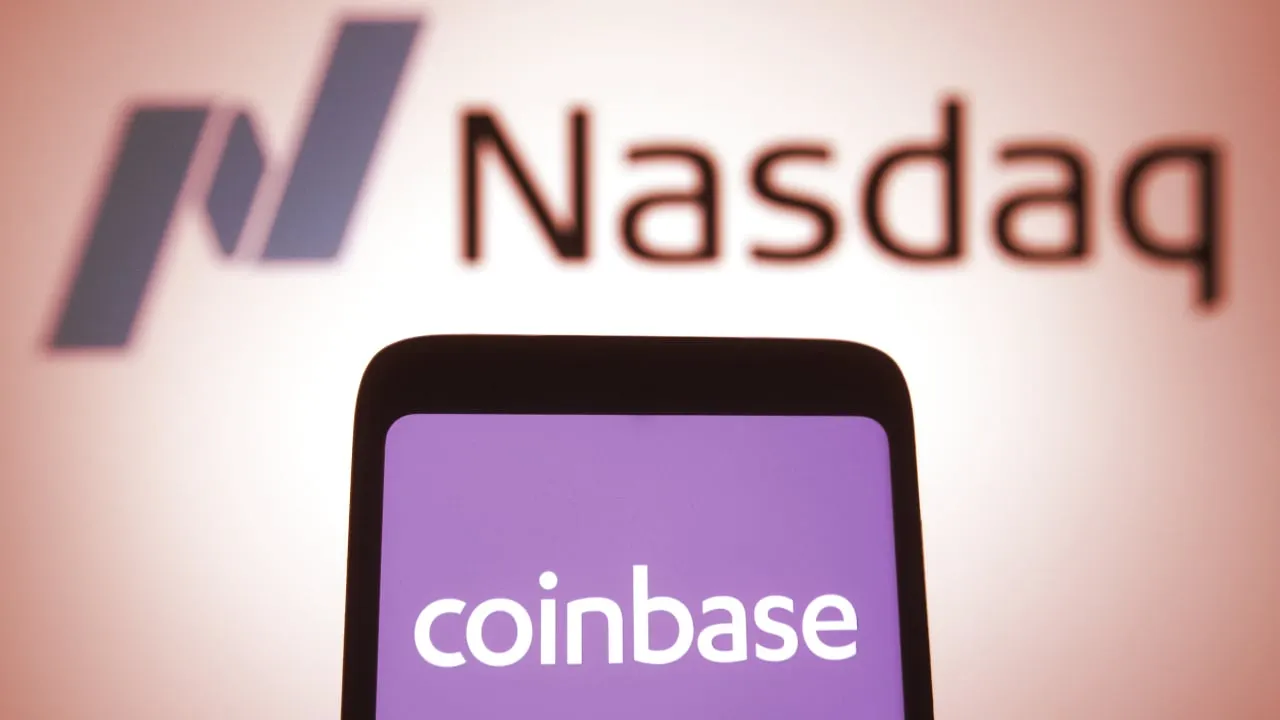We do the research, you get the alpha!
Coinbase, the San Francisco-based cryptocurrency exchanged led by Brian Armstrong, has finally gone public.
The company's stock, $COIN, debuted on the Nasdaq on Wednesday afternoon at a price of $381, a 52% pop from its $250 reference price. (For comparison to other high-profile direct listings: Slack debuted at 48% higher than its reference price; Palantir 38% higher; and Spotify 26% higher.)
The $381 share price gave the company a debut valuation just a hair under $100 billion. But the stock quickly surged higher, briefly touching a high of $430 per share, which gave it a market cap of $112 billion.
Crucially, today's direct listing was not an IPO. Where an IPO involves offering up new shares, a direct listing typically sells existing equity without dilution. In Coinbase's case, it pre-registered 114.9 million existing shares for the listing. This route made sense for a company like Coinbase, which has raised hundreds of millions in venture funding, wanted to avoid the hype and groveling of a standard IPO road show, and views itself as an anti-bank.
Now early Coinbase investors like Marc Andreessen just became significantly more wealthy (Andreessen is the largest non-employee shareholder, with the most individual voting power after CEO Brian Armstrong). Coinbase co-founder Fred Ehrsam, attorney Paul Grewal, and investors Katie Haun (Andreessen Horowitz) and Fred Wilson (Union Square Ventures), all just got a lot richer on paper as well.
Even the rapper Nas, through his investment firm Queensbridge Venture Partners, invested in Coinbase back in 2013, and made money today.
One of the quirks of Coinbase stock is how closely it is tied to to cryptocurrencies like Bitcoin and Ethereum—in Coinbase's Form S-1, filed with the SEC earlier this year, the company said that trading volume on its platform is directly tied to the performance of the crypto market.
In recent months, that correlation has been to the exchange’s advantage. We’re in the midst of a bull market that’s driven Bitcoin to over $62,000, and Coinbase has seen a huge influx of trading activity as a result.
Coinbase gets 94% of its revenue from transaction fees on its exchange. In Q1 of 2021 alone, Coinbase made a profit of between $730 and $800 million on $1.8 billion in revenue—that’s more than it took home in all of 2020.
But if the crypto market were to stagnate—or worse, crash like it did in early 2018—that could send the price of Coinbase stock down with it. That's part of the reason why some analysts, such as New Constructs CEO David Trainer, believe Coinbase stock is currently overvalued. He called the $100 billion valuation for Coinbase "ridiculous" and thinks that once the crypto market matures, it will "crush" Coinbase's profitability.
Whether the link between crypto and $COIN will ultimately pay off for shareholders is now a $100 billion question.
Disclaimer
The views and opinions expressed by the author are for informational purposes only and do not constitute financial, investment, or other advice.





